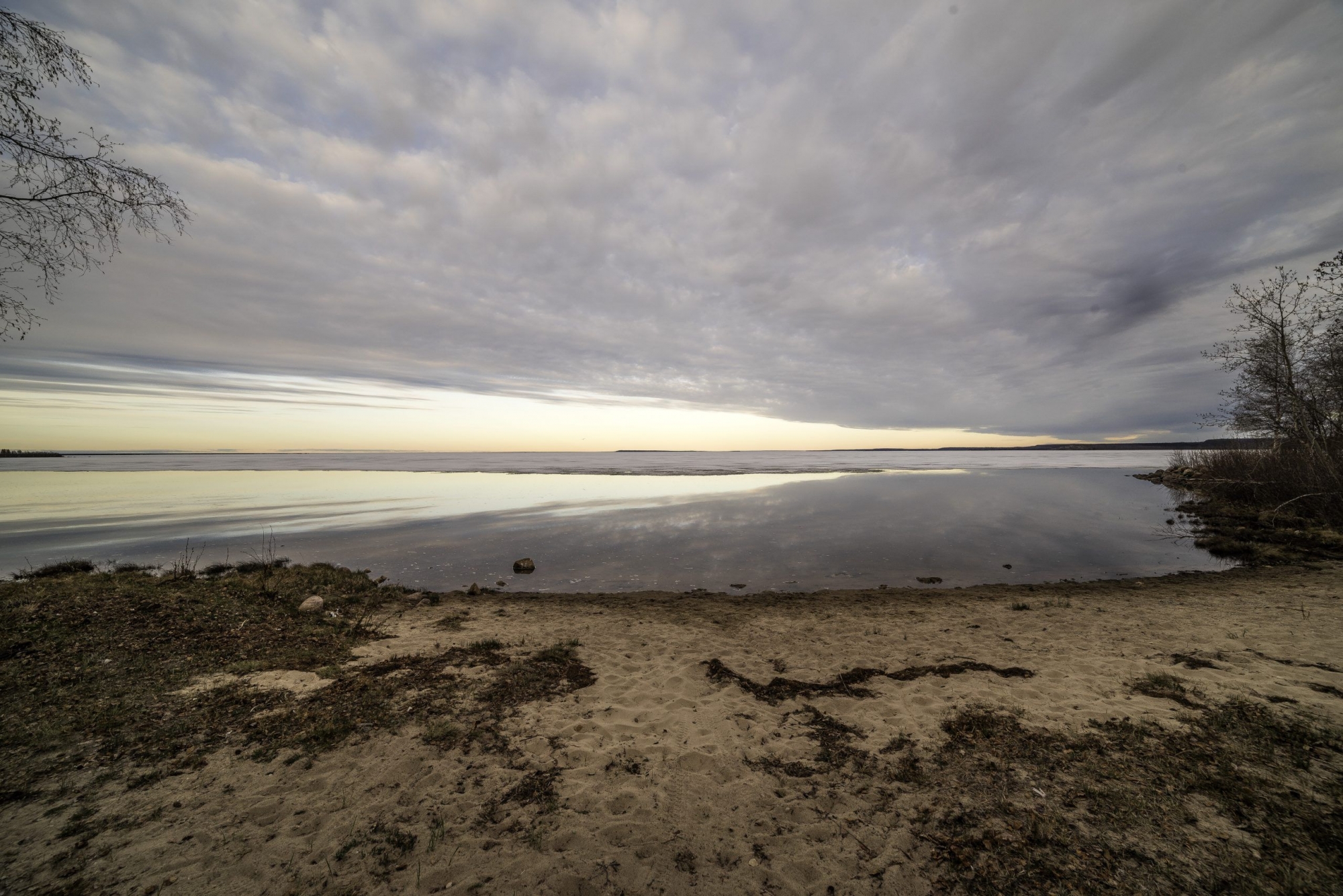You are here
Home 🌿 Cannabis Technology News 🌿 How do you bring supplies to remote communities in the midst of COVID-19? With cannabis-delivery drones, of course 🌿How do you bring supplies to remote communities in the midst of COVID-19? With cannabis-delivery drones, of course

The Pontiac Group is used to adapting quickly.
The First Nations owned and operated socio-economic development firm, which fosters on-reserve business opportunities, navigated the first community benefits agreement signed between a cannabis company and a First Nations community in Canada in 2015, three years ahead of federal legalization.
More recently, they’ve been pushing Health Canada to evolve the regulations around cannabis delivery while advocating for the use of drones to make deliveries to remote locations. But now, as the COVID-19 pandemic grips the world, they’ve altered their course — at least temporarily.
With a critical need to get supplies in and out of far-flung communities with as little human contact as possible, the Pontiac Group has begun using their drones to deliver medical supplies and other goods.
“Communities who are self quarantined from the world want unmanned air vehicles to bring food and essential supplies to the reserve boundary instead of manned aircraft,” says Jacob Taylor, managing partner of Pontiac Group. “We are providing solutions to this.”
Pontiac Group currently has ten drones in its fleet and each drone can carry around 10 pounds and travel up to 50-kilometres. Taylor says they can also produce custom drones with increased weight-bearing capabilities that travel up to three times as far.
“When we first started, we were only able to do line-of-sight, now we’re getting beyond it,” Taylor says. They’ve also increased their pilot capacity. “We really hope to be pushing the envelope with this. We want to make as much noise as possible.”

A Sparrow drone from Pontiac Group that can carry an automated external defibrillator. Photo: Jacob Taylor
The organization is currently working with the Denesoline Corporation, the business development arm of the Łutsël K’é Dene First Nation in the Northwest Territories. The community there is taking a proactive approach to support during the COVID-19 pandemic by providing each household with a food hamper and $250 before federal relief becomes available.
The drones will be departing from an airport near the fly-in community on the shores of Great Slave Lake, Taylor says, explaining that they’ve created a trigger drop payload system: “Our drones never have to land or come into contact with a human being while delivering goods.”
Taylor says that First Nations communities across Canada have been reaching out, and he encourages any reserve in North America that might be interested to contact him.
“Communities are calling wanting drones for the delivery of groceries and essential supplies directly to people’s doorstep,” he says. “They want no contact or need to leave home for the membership.”
As for the original intention of the drones, Pontiac Group’s other half, managing partner Jonathan Araujo, says that for now, “Health Canada is pretty fixed on their rules of delivery.”
“We’re a little way away from that, but we’ve still been working diligently on both ends of the spectrum,” he says. “We do believe in the near future, once we get some leniency on the government side or an upgrade on the tech side, we’ll get to a state where these two emerging markets will intersect.”
420 Intel is Your Source for Marijuana News
420 Intel Canada is your leading news source for the Canadian cannabis industry. Get the latest updates on Canadian cannabis stocks and developments on how Canada continues to be a major player in the worldwide recreational and medical cannabis industry.
420 Intel Canada is the Canadian Industry news outlet that will keep you updated on how these Canadian developments in recreational and medical marijuana will impact the country and the world. Our commitment is to bring you the most important cannabis news stories from across Canada every day of the week.
Marijuana industry news is a constant endeavor with new developments each day. For marijuana news across the True North, 420 Intel Canada promises to bring you quality, Canadian, cannabis industry news.
You can get 420 Intel news delivered directly to your inbox by signing up for our daily marijuana news, ensuring you’re always kept up to date on the ever-changing cannabis industry. To stay even better informed about marijuana legalization news follow us on Twitter, Facebook and LinkedIn.




